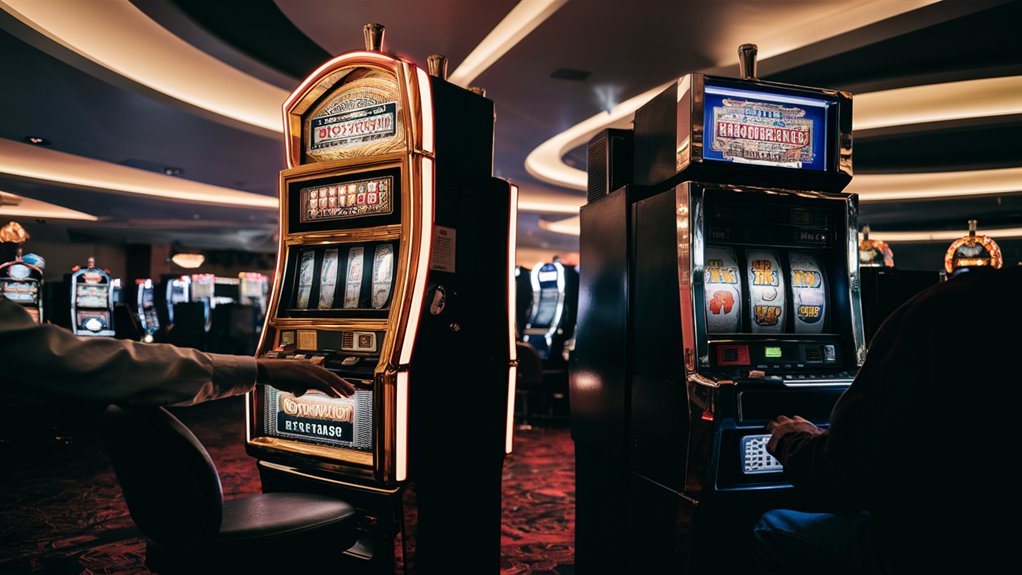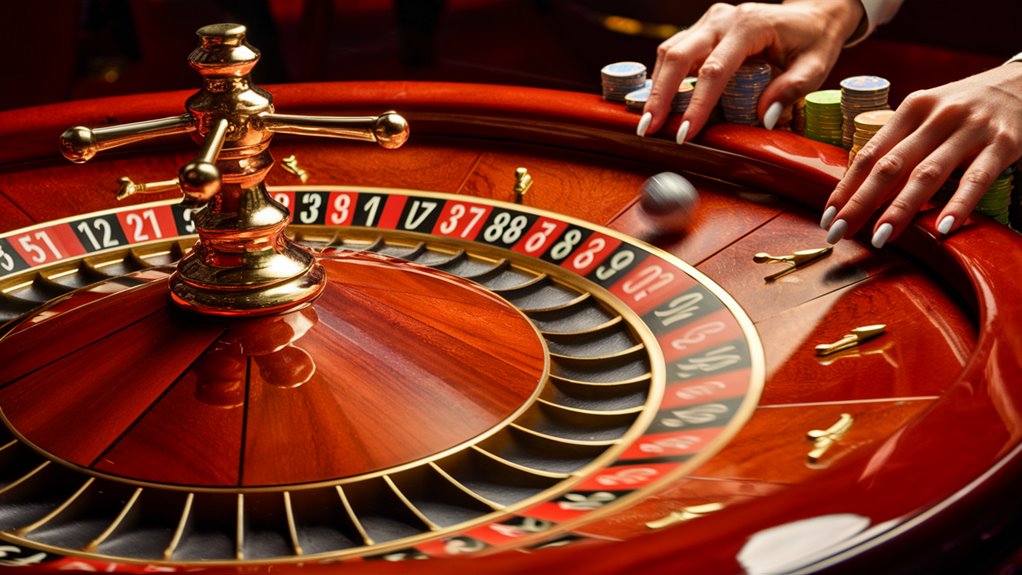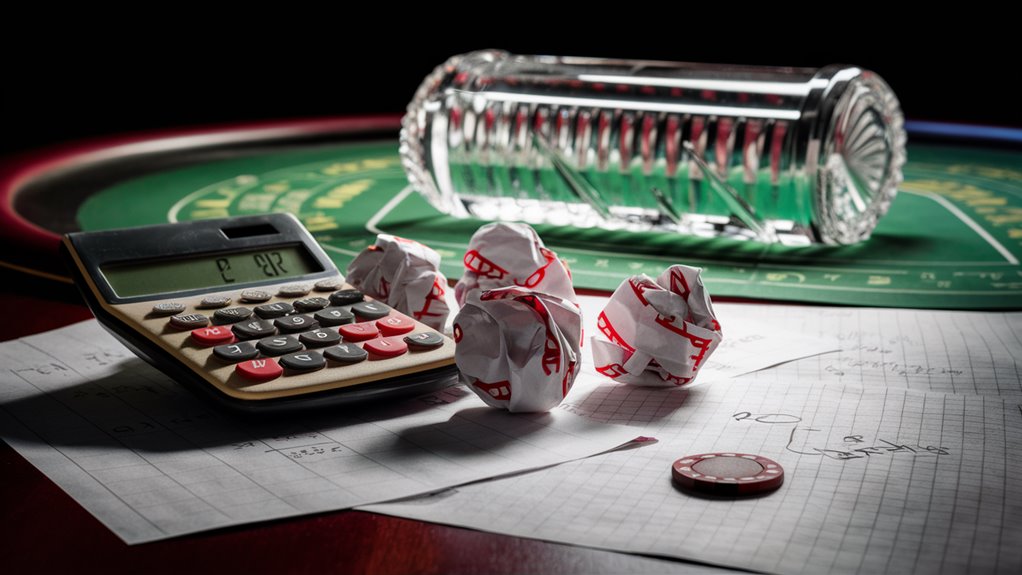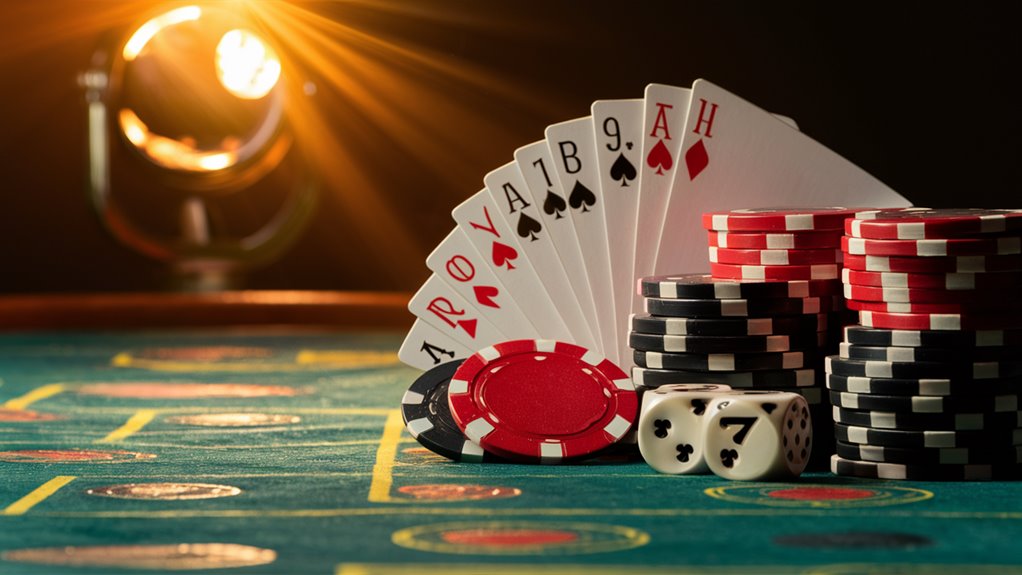Location effects on slot machine payouts
The location where slot machines are set up is a factor that greatly influences the payout rate. Slots in very prominent places typically return 20-35% more than those tucked away out of sight. Therefore, opening, main walkway, and popular gaming areas tend to coincide with machines offering chances to win at above-average frequencies.
Payout patterns based on time
Peak playing time significantly affects the rate at which a slot machine pays off. Payouts are higher on average during evenings and weekends than in morning hours; this mirrors both casino management strategies and the pattern of betting and playing generally.
The technical sophistication of slot machines
Programming algorithms determine how much money each machine pays back from such banks as the WMS MemoryBank. In peak tourism months, Return-to-Player (RTP) rates rise naturally by 2-3% as a result of manipulation techniques based on market conditions. Modern slots therefore have a dynamic, ever-changing nature in their operations-armoury.
Reasons for variations in slot machine pay-out rates
The combination of denomination levels, Siting, operating time and programming offers a vast range of opportunities for giving players some kind return.
Digital platforms generally offer higher payout percentages, with RTPs ranging from 93-98%.
Lower operational costs for online casinos mean higher potential returns to players.
Physical Casino Placement of RPP Operations
In the layout of the casino floor, RTP is distributed in the following way:
The areas that receive the most traffic have machines with better rates of return for players.
Main thoroughfares and entrances where people are constantly walking past often have higher RTP machines.
According to denomination:
Penny slots: Lower RTPs (85-90%).
High-denomination (one dollar or more) machines: Better RTPs (92-96%).
Understanding RTP Math
Statistics of Long-Term Probability
RTP revolves around picking up on millions of gaming sessions where every session leads to a different output each time.
A 96% RTP does not mean that you will get 96% back on your small bets, just as it doesn’t give any real information about the payback period for individual players.
Regulatory Compliance
RTP rates are subject to strict control by the authorities and this has a number of results:
Games that are fair.
Compliance with local gambling laws.
A clear statement of the odds when a player starts to gamble.
The workings of the machine are beyond doubt.
Placement Significance in Casino Layout
Casino Floor is Strategically Laid Out: High Probability Locations Generate Maximum Revenue Through Position
Effect of Machine Positions on Casino Performance
RTP data rationalizes the programming of the casino floor layout and informs decisions on what goes where–very much beyond what mere RTP data could tell you.
Training over several properties shows that strategically placed slot machines in high-visibility areas will typically generate 20-35% more play per day for the house compared with exactly the same type of machines in low-visibility areas.
Prime Position Locations for the Best Returns
Prime position includes:
Entrance corridors
Restaurant egresses and walkways
A termination where machines stop
Put a machine in locations like these and it will typically get player acquisition rates that are 45% above what happens with interior placements.
By installing high-volatility machines in these choice locations, the casino can take advantage of higher acquisition points and also have an overall better gambling experience for its guests.

Maximizing Cross-Player Traffic and Energy
With interaction between people pushing up the energy levels around them, new gaming machines placed close to table games or sports books profit by catching players who go back and forth.
In comparison to wall-based positioning, coin-in metrics from 15-25 %.
And provided that machine RTP remains the above, the impact of location optimization on performance metrics having different tasks in trouser c activities (fundamental driver for slot floor productivity).
Location-Based Gaming’s Key Performance Metrics
That the data consistently shows that machine placement strategy directly influences:
Daily handle rates
Player engagement levels
Cross-brand gaming participation(product integration)
Overall floor performance
Denomination as well as Payout Links
Understanding Slot Machine Denominations and Payout Rates
The Correlation Between Denominations and RTP
Whereas the gambling industry actually goes to show that slot machine payout percentages are closely related directly with denomination levels. A comprehensive analysis of casino data shows that higher denomination slots on a consistent basis have a higher theoretical return-to-player (RTP) rate than other denominational options.
Penny slots in general maintain RTPs of 85-90%, whereas $1 slots average 92-95% and high-limit $5+ machines even get up into the 96-98% range for their players’ enjoyment.
Strategically Pricing and Players’ Segmentation
Higher denomination machines are positioned in order to attract players with deep pockets seeking greater odds and longer gaming sessions.
Casino operators set these machines for lower hold percentages per spin because they know the larger bets coming from provide a steady layout. Combining natural player segmentation imposed by the elevated minimum bet and opportunities to offer premium odds to high-stakes players, so its clear that they faced an Olympic decision.
Premium Slot Performance Details
High-limit slot machines, especially those of $25 or $100 denomination, consistently demonstrate the highest payback percentages across major gaming jurisdictions.
Under this mathematical framework, the operator can return higher percents per wager from machines with elevated base betting levels while still achieving acceptable hold levels on volume plays and an appropriate number of decisions made without undue delay duties.
In casino slot floor management, the relationship between denomination and payout rates is a fundamental principle.
Programming Behind Slot Algorithms
Understanding Slot Programming Algorithms
Basic Random Number Generation Technology
Modern slot machine software is a complex array of How to Make Smart Bets in Horse Racing random number generators (RNGs), and those algorithms depend on pre-seeded seeds. The result is that thousands of times a second this advanced algorithm will rotate among multiple increments of these entries, ensuring for each spin truly random outcomes.
Probability matrices inform the sophisticated virtual reel technology how different combinations will result in success.
Mathematical Models and Probability Systems
The requirements of slot programming algorithms mean, for instance, that exact hit frequencies or payback percentages need to be written directly into the game’s source code. These basic parameters largely govern the machine’s future performance but must ensure volatile levels are within carefully laid-out ranges set by regulators.
This virtual mapping system weights the chances for each position on a reel, thus creating complex symbol distribution patterns.
Complex Random Generation Methods
Therefore, advanced slot software requires multi-layered RNG designs. Primary algorithms align where signs occur, while lower-level processors such as those controlling bonus features and triggering progressive jackpots take care of bonuses.
These complex mathematical models combine numerous aspects:
Detailed probability computations
Respect for the chance factor in paytables
Exact determinations of how often bonus events will occur
Full Coverage
Adequate return to the player
In essence, the integrated systems operate harmoniously to ensure consistent gaming experiences, while maintaining accuracy that spans millions of spins. Individual session results can, however, exhibit great variation.
Timing and Seasonal Payout Patterns from Slot Machines
Slot Machine Seasonal Payout Patterns and Schedules
Understanding Casino RTP Fluctuations
Over the course of the year, return-to-player (RTP) rates exhibit seasonal tendencies that are quite clear. During times when tourists flock in significant numbers to be entertained or to participate in contests, they naturally make other improvements.
During major holidays and convention seasons, casino payout rates typically increase by no more than 2-3%. Market trading carried out at this time is undoubtedly faster and more tense than it is during the rest of the year, with the visible result that gaming rooms everywhere deepen their discounts in order to quickly pick up business.
Peak versus Off-Peak Payout Trends
Particularly in big gaming centres like Las Vegas and Atlantic City, the period from December through January sees consistently more frequent payouts.
In contrast to the slower months of November and December, which are driven by Christmas and New Year’s celebrations.
In general, however, most players will find that February and October reflect level RTP rates in the region of 89-91%.
Strategy Timing And Location
Casino payout optimization follows sophisticated demand-based models akin to airline pricing systems.
Weekend evening sessions offer higher RTP rates compared to weekday mornings.
Strategic machine placement strategies set that high-traffic casino zones sustain a better return on games, with entrance-adjacent locations and main walkway sites established for 1-2% higher returns than places on less-travelled paths.
Maximizing Casino Profit
These calculated adjustments for payout serve two purposes: enhanced engagement with players and a more stable stream of revenue across periods with varying demand.
The strategy game between peak and off-peak rates allows casinos to effectively reconcile both player satisfaction and their own operation profit throughout the year.




